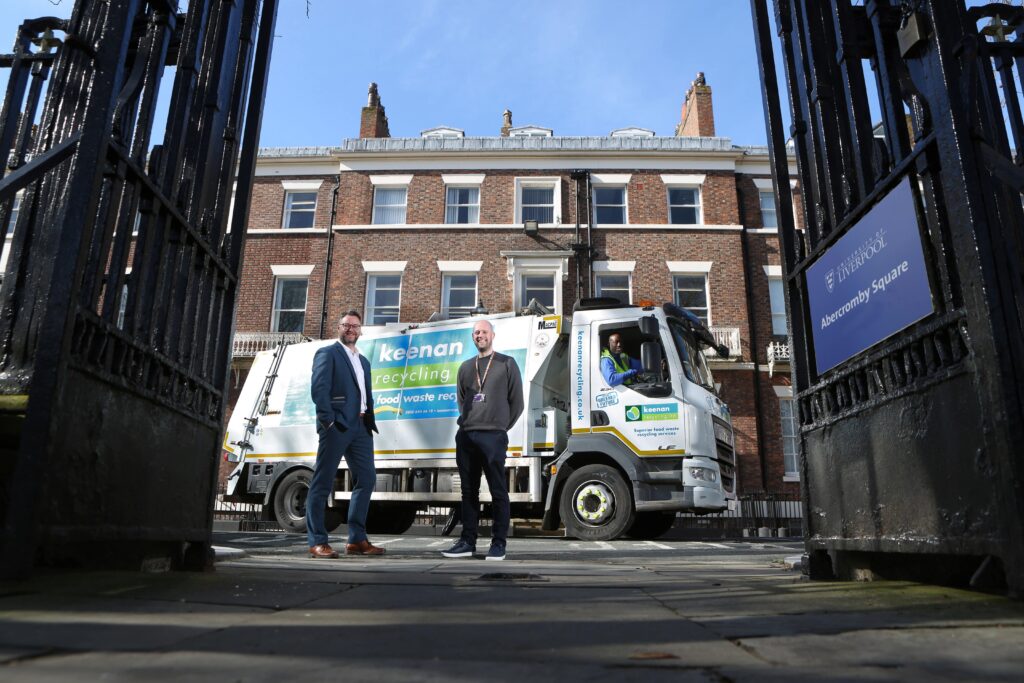A spokesman for the Agency told letsrecycle.com that there was nothing new in the guidance and that there was “nothing of interest in it”. However, it is understood that the technical guidance is for “internal and external use” and will say that the Agency cannot support new applications for composting plants close to homes or workplaces and that in the future tougher controls will be implemented on existing sites.
The guidance, seen by letsrecycle.com, shows the Agency is looking to clarify its position on the location of composting facilities as a result of concern that composting can cause health risks to people living or working within 250 metres of a composting operation. Research showed that composting has the potential to produce significant environmental emissions in relation to noise, odours, dust and bio-aerosols (including bacteria and fungal spores) which can have a detrimental effect to human health, especially those with compromised immune systems.
The guidance says that permission will not be deemed as acceptable for new sites and modifications will not be allowed to existing sites within 250 metres of a workplace or a dwelling as a result of health risks. The Agency said it will now review the licences of all existing composting facilities and will assess the scale of the impact before issuing an action plan.
Dispersal research
The Agency added that no action should be taken by staff in relation to these sites until further research is carried out and more guidance issued. HSE research is now being carried out into dispersal monitoring and health effects of composting sites. A further position paper will be issued in October.
Ahead of further research, composters are being encouraged to reduce the adverse effects of composting by controlling the airflow which can be done by carrying out all or part of the process in a sealed building or under negative pressure. The Agency said that operating in-vessel, treating gases and odours produced by the process, utilising a different turning regime with different equipment and keeping the compost piles suitably damp are all ways of reducing the adverse effects of composting.
Composting facilities will be allowed within 250 metres of a dwelling or workplace if an application is accompanied by a site-specific risk assessment, which must be based on independent scientific evidence which shows that bio-aerosol levels can be maintained at appropriate levels.











Subscribe for free